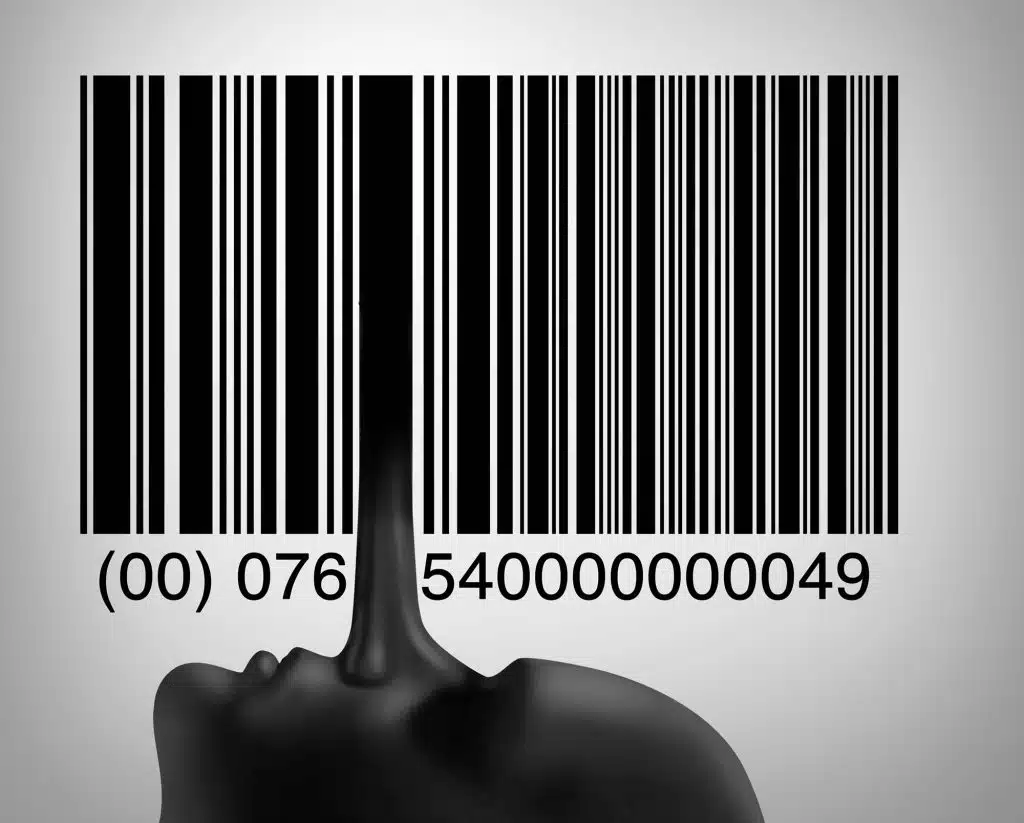Introduction
A recent Australian pop-up cookie store may be in strife and could face potential legal action, after their pop-up store turns out not to be officially endorsed by the cookie’s maker.
On 29 September 2024, eager fans of the cult American cookie brand Crumbl. queued up for what was described as a “one day Crumbl. pop up’ in Bondi on social media.
Unfortunately, after customers paid a whopping $17.50 per cookie, double the price of the cookie in the USA, it has come to light that this pop-up was not endorsed or even associated with the American brand, despite all the marketing using the official Crumbl. logo and the cookies being provided in the original American packaging.
Upon being called out by customers, the individuals behind this pop-up have stated that they were not endorsed by Crumbl., but were just fans importing the cookies.
This debacle has raised several issues about how the organisers of this event were able to use the official Crumbl. name, trade marks, packaging and branding and if they weren’t, the potential consequences they may face.
In Australia, there are many different avenues that could be pursued, however arguably the most relevant issues here would be potential claims for the tort of passing off and misleading and deceptive conduct under Australian Consumer Law (‘ACL’).
Our article will explore the potential consequences that can be faced for unlawfully using a company’s registered trade mark, branding and packaging.

Passing Off
Passing off is the act of misrepresenting one’s products or services as belonging to another brand. The claim that may be alleged here is that the pop-up store on social media passed themselves off as being Crumbl. USA or being associated with Crumbl. USA.
To establish a claim of passing off, the following three (3) elements would need to be shown:
- That Crumbl. USA holds goodwill or reputation in a specific trade or business;
- The pop-up store has misrepresented themselves, either intentionally or unintentionally, as being Crumbl. USA or being associated with Crumbl. USA; and
- Crumbl. USA has suffered or is under threat of suffering damage through a loss of custom (i.e. a loss of customers), a diminished reputation or some other similar form of damage.
If these elements can be established and a claim for passing off is found, remedies can include the payment of damages, an account for any profits that the pop-up received as a result of passing themselves off as Crumbl. USA or injunctive relief to prevent the pop-up from continuing to use the Crumbl. name, trade marks, packaging and branding.

Misleading and Deceptive Conduct
In addition to a claim for passing off, a claim could also be made for misleading and deceptive conduct under section 18 of the Australian Consumer Law (ACL). Under this section, a person must not, in trade or commerce, engage in conduct that is misleading or deceptive or that is likely to mislead or deceive.
It is worth noting that where conduct amounts to a claim for passing off, it will also generally infringe this provision.
Here, an argument could be made that the pop-up’s use of the Crumbl. name, its packaging and some of the pop-up’s statements were misleading and deceptive and did or was likely to mislead or deceive customers into believing that the pop-up was Crumbl. USA or were associated with them.
This is tested by reference to a reasonable person i.e. a reasonable person in these circumstances would have or would have likely been misled or deceived.
If a claim for misleading and deceptive conduct was established, remedies include damages payable in accordance with section 236 of the ACL. This section stipulates that a claimant can only recover loss or damage as a result of a breach of section 18 of the ACL if that breach has caused actual loss or damage.
Conclusion
The pop-up event has suffered significant backlash since it was revealed that they were not officially endorsed or associated with Crumbl. and that the cookies were imported from the official Crumbl. store in the USA.
Many have raised questions as to whether this is legal and whether the pop-up will face any legal ramifications.
At this point, we will have to wait and see whether any claims are made but there may be potential claims available in the tort of passing off or for misleading and deceptive conduct under the ACL.
The information in this article is for general purposes only and you should obtain professional advice relevant to your specific circumstances.
Get in touch
If you or someone you know wants more information or needs help or advice in relation to passing off or misleading and deceptive conduct, please contact us.
Related Resources
Corporations Startups
Raising capital for your start-up – considerations
How do the different forms of funding work? You’ve got a brilliant idea and you’re ready to strike out on your own and go into business. However, no matter how good your idea is, to succeed you will also need some funding to get that business off the ground. Very...
Read moreEmployment
Trust in the Workplace: Misleading and Deceptive Conduct
This article will explore the surrounding laws on misleading and deceptive conduct in the workplace and highlight on how both employers and employees should respond, with a particular emphasis on the implications of such conduct for employers.
Read more



